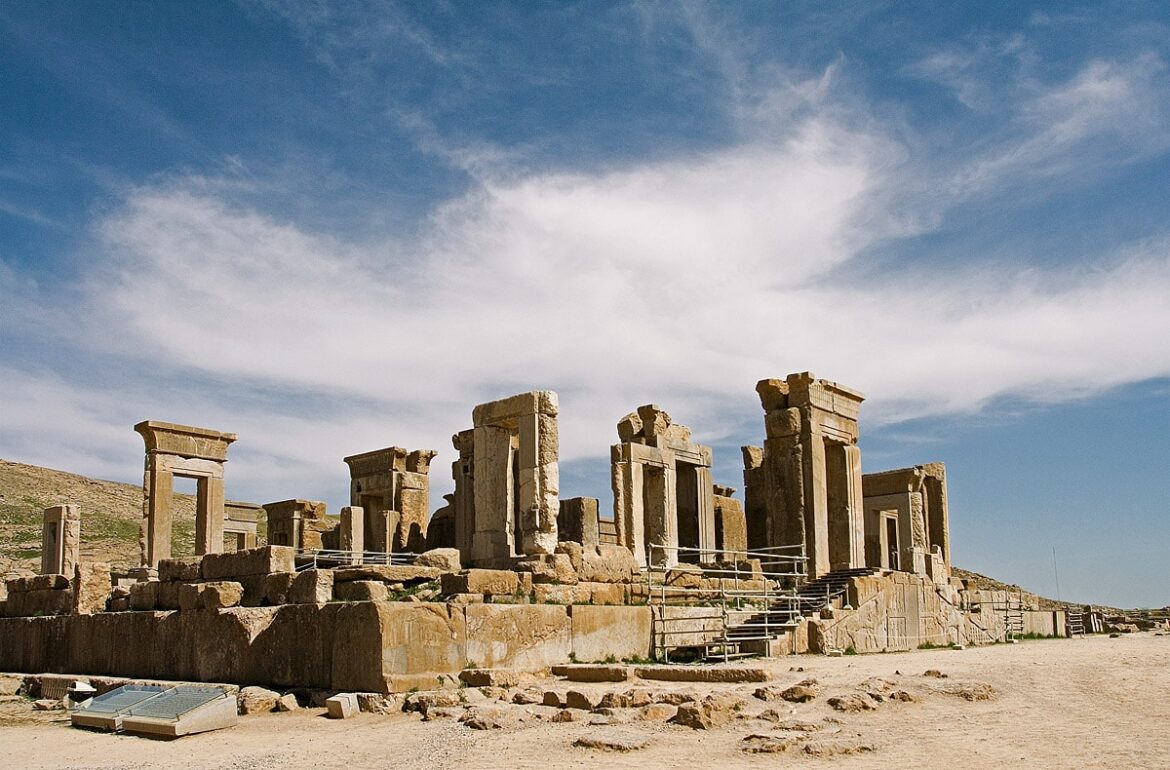(This post is one in a series about the best books ever written. The first post in the series is here.)
So this is probably a bit surprising to anyone who knows me well here in some ways. I have always been very open (and quite outspoken) as to my deep love for Japanese graphic art, be it decorative or literary. So it is unexpected that the only graphic work on my list is not Japanese or even close to it. It’s Persian-French. Marjane Satrapi is an author/graphic artist from Iran who publishes in French (in France) and this is the story of a girl coming of age during the Iranian Islamic Revolution. The plot is what you’d expect of a revolutionary memoir. It’s the story of the revolution followed by her escape from (among other things) Iran as things become more and more extreme and problematic. It includes stories of personal rebellion, love, sexuality and it’s surprisingly light-hearted for a commentary on death and destruction, both of individuals and of what was a very culturally diverse and advanced society.
The beauty of language is an interesting one in this work. The dialogue is impressively personal and the characters are hugely identifiable by their speaking patterns but, unlike a book in only text, this is represented in their visual presentation. The words fit the pictures and that is no mean feat (read some comics from the major American production houses and see if you can say the same thing — I assure you, differentiating between characters without the pictures would be mostly impossible in the overwhelming majority of popular graphic fiction). The language is also contemporary and colloquial without being incomprehensible. You don’t have to be Persian or French to get the references and note the tonal variation. It’s culturally-specific but not culturally-exclusive.
The ethical question that is posed and addressed in depth is mostly one about seeing more than one side of an issue. A revolution is a wonderful backdrop for exploring the nature of perspective. If a government is doing horrible things, is it right to fight against it, to revolt, to rebel? And does that make the rebels good people with good ideals or, more importantly, good results? If the rebels are causing vast amounts of damage and suffering for the people, does the government suddenly become a force for good by fighting against the rebels? In this book, there is a fight between a few good and many evil people on both sides of a conflict where everyone has a vested interest — with the possible exception of the narrator, whose interest is definitely in neither side winning and simply being free to live.
Educationally, of course, the fact that this is a book specifically set during a historical revolution means that it can’t help but be insightful (especially as it is written both by someone who experienced the revolution and from a narrator who lives through it) about the events. It’s more generalized than that, though, the lesson that can be taken from it about how revolutions may start being about freedom and fighting tyranny and oppression but never end that way, how governments go from bad to worse and how nobody can ever be trusted. It’s a historical study but the future is destined to endlessly repeat the history even if it knows the score before the game is played.
There are many beautiful and worthwhile graphic novels out there. To mention just a few, Shaun Tan’s The Arrival, Ichigo Takano’s Orange, Yeon-sik Hong’s Uncomfortably Happily, Isabel Greenberg’s The Encyclopedia of Early Earth and Carole Maurel Ingrid Chabbert’s Waves. This one, I believe, is in a league all its own and rises not just to the level of excellent graphic novel but one of the most important and significant books ever produced. Of course, I teach several different levels of courses focused completely on graphic novels and my love for literary art is profound but, if you’re only going to read one, make it this one. You’ll thank yourself for getting outside the realm of only-words for a little while.
[Persepolis by Marjane Satrapi on Amazon]
